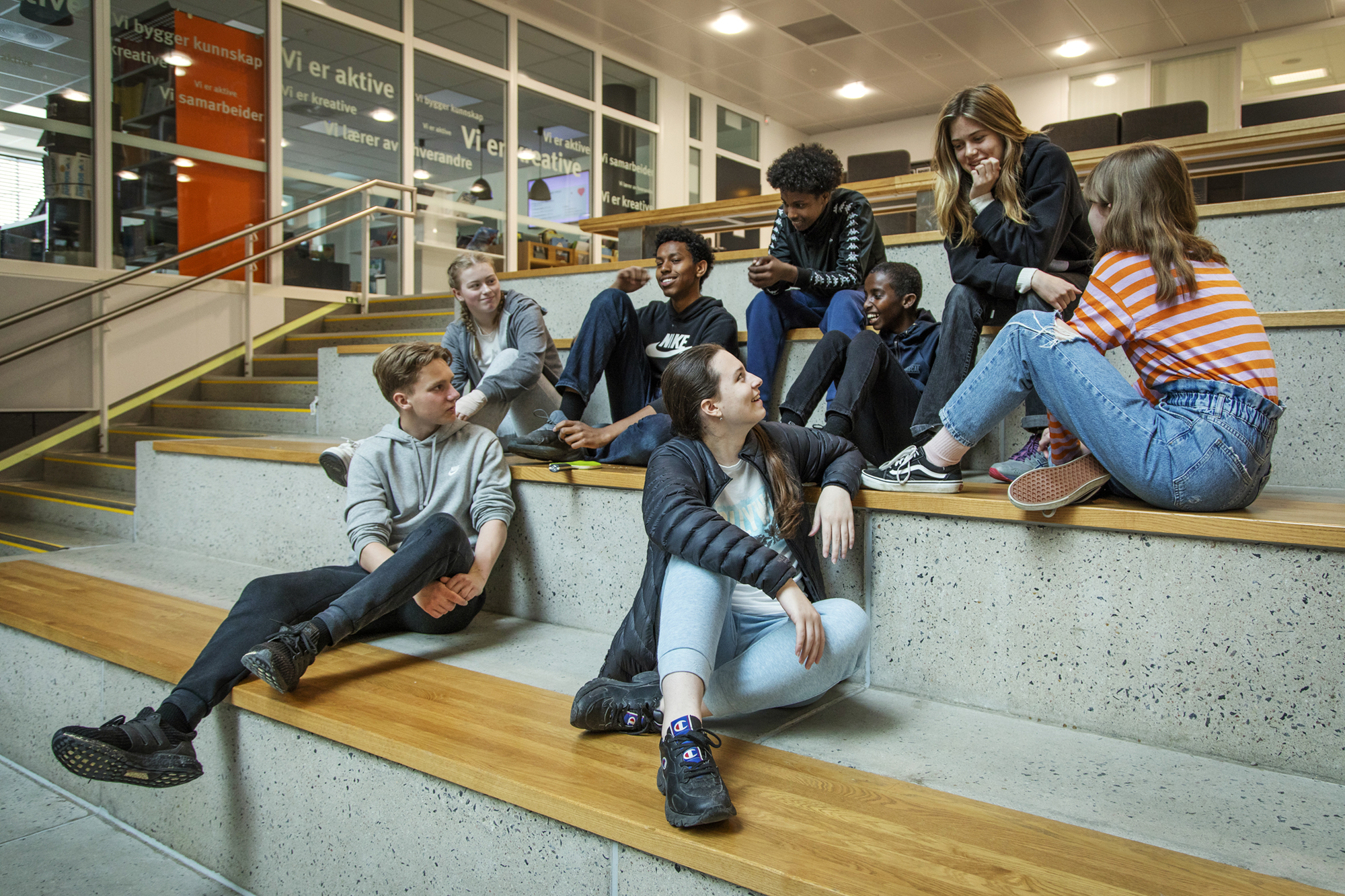Goal 4: As a Nordic community, we must preserve and develop our languages and language communities
Language is our most important piece of shared societal infrastructure; it plays a role in creating both community and trust, and in strengthening democracy and participation. There is a large degree of linguistic diversity in the Nordic Region, and so it is therefore important that we retain and develop all of our languages and language communities, including our indigenous languages and the national minority languages. The Nordic language community is unique and plays a role in creating and maintaining a shared Nordic identity, and in promoting the Nordic Region as the world’s most sustainable and integrated region. Interest in the use of the Scandinavian languages among children and young people must be bolstered, as they are the ones who shall carry on Nordic co-operation into the future. Children, young people and adults with foreign cultural and linguistic backgrounds must be given the opportunity to learn the primary language of society in the Nordic country in which they live. If we are to succeed in bolstering the Nordic languages ahead of 2030, our ambitions in this area will require long-term collaboration, and our languages will need good framework conditions and political focus. In particular, we need to follow up on the Declaration on Nordic Language Policy and undertake targeted work in the area of digital tools and artificial intelligence, among other things.
